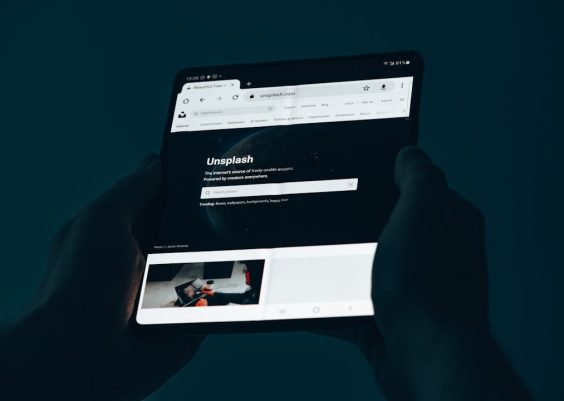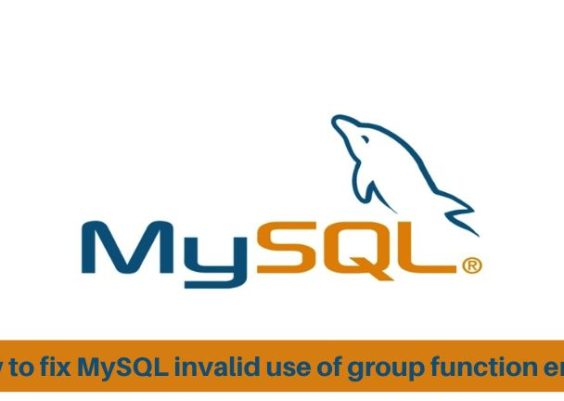Denver’s thriving business landscape offers incredible opportunities for local entrepreneurs, but competing effectively in the digital space requires more than just having a storefront or website. Local SEO (Search Engine Optimization) is a powerful tool that helps businesses rank higher in local search results, attract local customers, and build brand visibility. However, many Denver businesses still make crucial mistakes that hinder their performance in local search. This article explores the most common local SEO mistakes Denver businesses make and provides practical tips on how to avoid them.
Contents
1. Inconsistent NAP (Name, Address, Phone Number) Information
One of the most basic yet overlooked local SEO fundamentals is maintaining consistent NAP information across all digital platforms. When businesses list their name, address, or phone number differently on directories, websites, or social media pages, it confuses search engines trying to verify legitimacy. This inconsistency can tank local rankings and reduce customer trust.
- Solution: Audit all your business listings and ensure the exact same NAP format is used everywhere – including abbreviations (e.g., “St.” vs “Street”). Use tools like Moz Local or BrightLocal to track inconsistencies and correct them efficiently.
2. Neglecting Google Business Profile Optimization
Google Business Profile (formerly Google My Business) is the cornerstone of local SEO. Many Denver businesses either skip this step or fail to fully optimize it. An incomplete profile or one missing key elements such as business hours, categories, or high-quality photos loses out on valuable visibility.
- Solution: Claim and verify your Google Business Profile. Add accurate and detailed business information, upload professional images, and update posts regularly to show Google and potential customers that your business is active.

3. Ignoring Localized Keyword Strategies
Generic SEO terms don’t help Denver businesses tap into their local audience. Many businesses fail to optimize pages with keywords that combine services with geographic identifiers like “roof repair Denver CO” or “Denver vegan bakery.” This oversight can leave a business invisible to local customers searching with intent to buy nearby.
- Solution: Conduct local keyword research using tools like Google Keyword Planner or Ubersuggest. Incorporate locally-optimized keywords naturally into page titles, meta descriptions, headers, and content.
4. Poor Use of Local Content
Too many Denver businesses rely on generic content that doesn’t speak to local events, community involvement, or region-specific interests. Creating location-focused blog posts or stories relevant to Denver increases relevance in search engines while resonating with local customers.
- Solution: Create content tailored to the local audience. Write about Denver events, collaborate with local influencers, or highlight customer case studies from the local community.

5. Skipping or Mismanaging Online Reviews
Online reviews are a major trust factor for Denver-area consumers seeking products or services. Businesses that don’t encourage reviews or fail to manage them properly miss out on increased rankings and conversions. Worse, ignoring or mishandling negative reviews can damage reputation.
- Solution: Proactively request reviews from satisfied customers on platforms like Google, Yelp, and Facebook. Respond professionally to negative feedback and thank all reviewers. Show that customer opinions are valued and subject to action.
6. Not Building Local Citations
Citations are online mentions of a business’s NAP across directories and relevant websites. Some Denver businesses don’t invest in citation building, or they ignore niche directories relevant to their industry.
- Solution: List your business on authoritative directories such as Yelp, BBB, Foursquare, and Denver-specific business directories. Focus on quality over quantity and keep all entries consistent.
7. Poor Mobile Optimization
With the increasing number of Denver residents using smartphones to search for businesses, mobile usability is critical. If a website doesn’t load properly on mobile or is slow, potential customers will likely leave, and search engines might downgrade rankings.
- Solution: Use responsive design to ensure your website adapts to all screen sizes. Test your site speed using Google’s PageSpeed Insights and follow recommended fixes for improvements.
8. Overlooking Structured Data (Schema Markup)
Structured data helps search engines better understand the content on a website. Although it doesn’t directly affect rankings, it significantly improves how listings appear in search results by generating rich snippets — which can increase click-through rates.
- Solution: Implement schema markup to denote business information such as address, services, hours, and reviews. Google’s Structured Data Markup Helper is a valuable tool for those unfamiliar with schema coding.
9. Forgetting About Social Media Signals
While social media doesn’t directly impact local SEO rankings, it supports it indirectly through increased exposure, brand authority, and opportunities for backlinking. Denver businesses that neglect to connect their social media efforts with their SEO strategy miss a valuable engagement channel.
- Solution: Maintain active profiles on platforms most relevant to your audience (e.g., Instagram for restaurants, LinkedIn for B2Bs). Share local content, promotions, and customer testimonials regularly.
10. Failing to Track and Adjust SEO Performance
Implementing SEO without measurements is like flying blind. Many local businesses in Denver fail to track their SEO metrics, which also means they can’t adjust strategies based on performance.
- Solution: Utilize tools like Google Analytics and Google Search Console to track traffic, rankings, and user behavior. Set specific local goals and KPIs (e.g., calls from GBP, website clicks, direction requests).
Final Thoughts
Local SEO is a dynamic and vital component of online success for Denver-based businesses. By avoiding these ten common mistakes and implementing consistent, data-driven strategies, businesses can enhance their local visibility, attract more foot traffic, and improve customer trust. The journey to improving local search performance requires consistent effort, but the return in community presence and increased revenue is well worth it.
Frequently Asked Questions (FAQ)
- Q: How long does it take to see results from local SEO?
A: Results can vary based on competition and the quality of your SEO efforts. Typically, you can see noticeable improvements in 3 to 6 months if strategies are implemented correctly. - Q: Is Google Business Profile really that important for my business?
A: Yes. It’s one of the most important tools for local businesses. It helps in ranking on local pack listings and provides essential information customers need to trust and visit your business. - Q: Do I need to hire a local SEO agency in Denver, or can I do it myself?
A: You can manage local SEO on your own if you educate yourself and use the right tools. However, hiring an experienced local agency can save time and bring professional insights and faster results. - Q: What’s the easiest way to keep NAP consistent?
A: Use citation management tools like Yext or BrightLocal. They allow you to manage your listings across multiple directories from one platform. - Q: Is it important to respond to all reviews?
A: Yes, responding to both positive and negative reviews shows customers that you value feedback. It can also influence new potential customers deciding whether to choose your business.




